Hanging out with our new BFF: a Q&A with Beacon Food Forest’s Cherry Lui
A conversation on food sovereignty, urban agriculture, and community.
The Beacon Food Forest (BFF) cultivates a community dedicated to building equitable food systems for all people, and stewarding our environment for the benefit of all species.
We had the opportunity to hang out with Cherry Lui, BFF’s Community Outreach Coordinator.
Q: Tell me a little bit about yourself and how you got involved with the Beacon Food Forest?
A: My moms side of the family were farmers in China, and my dad was a city boy who grew up in Hong Kong. I grew up here. So as a first generation Chinese American, I gravitated towards the city life. That’s what you learn about in western civilization, you know? Getting your own money and being resourceful is the definition of success.
So I went full circle away from that, I didn’t feeling like this definition was fitting my needs at all. So I went towards my moms culture, and really began embracing aspects of her life: like farming and urban farming in particular.
Through gardening I learned about permaculture—dropped that terminology, and moved towards food forestry and regenerative agriculture. Essentially, growing food to help in my own battle for racial equity, my own sovereignty, and for the sovereignty of all people of color in this western world.
I grew up in Beacon Hill and really struggled finding belongingness. I feel like the food forest and my garden at my home has been a real sanctuary.
Q: Can you explain what “open harvest” means?
A: I don’t think we’re the only food forest that does this. Essentially we took this land back from the City of Seattle. We’re a nonprofit, we’re not allowed to say that, you know, this food belongs to somebody, but not other groups of people. So this is a place of open harvest.
Because of that I guess it’s our requirement, but also, it’s our philosophy. Since this is an all volunteer led organization, all the food that we grow, has to go back to the community anyway.
This is an experience for people to come through, forage, and not feel like they have to buy everything from the grocery store. It allows us to divorce ourselves from a consumer orientation.
Q: Did you volunteer with the Beacon Food Forest before you started your role?
A: I actually didn’t volunteer with BFF before this role. This is one of the reasons I’ve been pivoting to working with BIPOC communities in this space.
Volunteerism is a privilege. I’m able to do this because this work, because I’m being paid for it, frankly.
But volunteering is really a privilege. I think we need to shift and normalize this so we can get people on site, that are paid, maintaining the areas, because there is a need and a lot of potential to grow. There is a ton of healthy organic food on the seven acres of land here. It really just takes the financial investment and people power to make it happen.
Q: Tell me a little bit about your COVID-19 response. We were really grateful for the donations we received from you.
A: We responded similarly to other organizations. We weren’t able to do as many work parties, but we maintained a mask policy. Essentially, we’ve stayed on the “better safe than sorry” side of things.
We haven’t returned to the full scale. We used to have 300 people reporting to our 3rd Saturday work parties. When everything was open, everybody would self organize into different groups which was really cool.
And there was a lot more diversity back then too. People were able to just communicate with each other and show up. It didn’t require RSVP like it does now.
So I would say, we hope to return to that in the future. But with COVID, we want to be on the safe side.
And then in terms of the harvest. I think we’ve donated about 100 pounds to you guys, not nearly as much as I think that we could.
I’m currently running an internship program at Beet Box with BIPOC students. It’s really clear to me that we could do that here; if we just had the funding and the resources. I think that’s definitely a goal of ours: to actually follow through with our promise and donate more harvested food to places like RVFB. We are headed in that direction, it’s just in the works.
Q: How can urban agriculture bring together a community?
That’s the question I’ve been grappling with. Permaculture is a very white dominant field, and has a way of appropriating practices of indigenous people and other cultures.
So I think it’s like, just returning to those indigenous roots, following the work of people like Leah Penniman, more so than mainstream permaculture.
I think tying the community together requires meeting the community where their needs are. This is incredibly important to me and to this organization.

